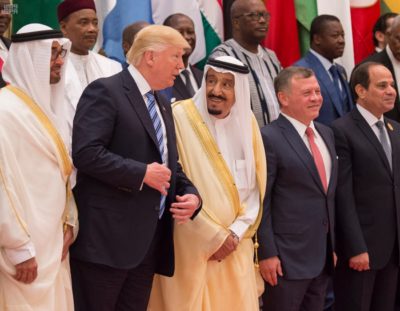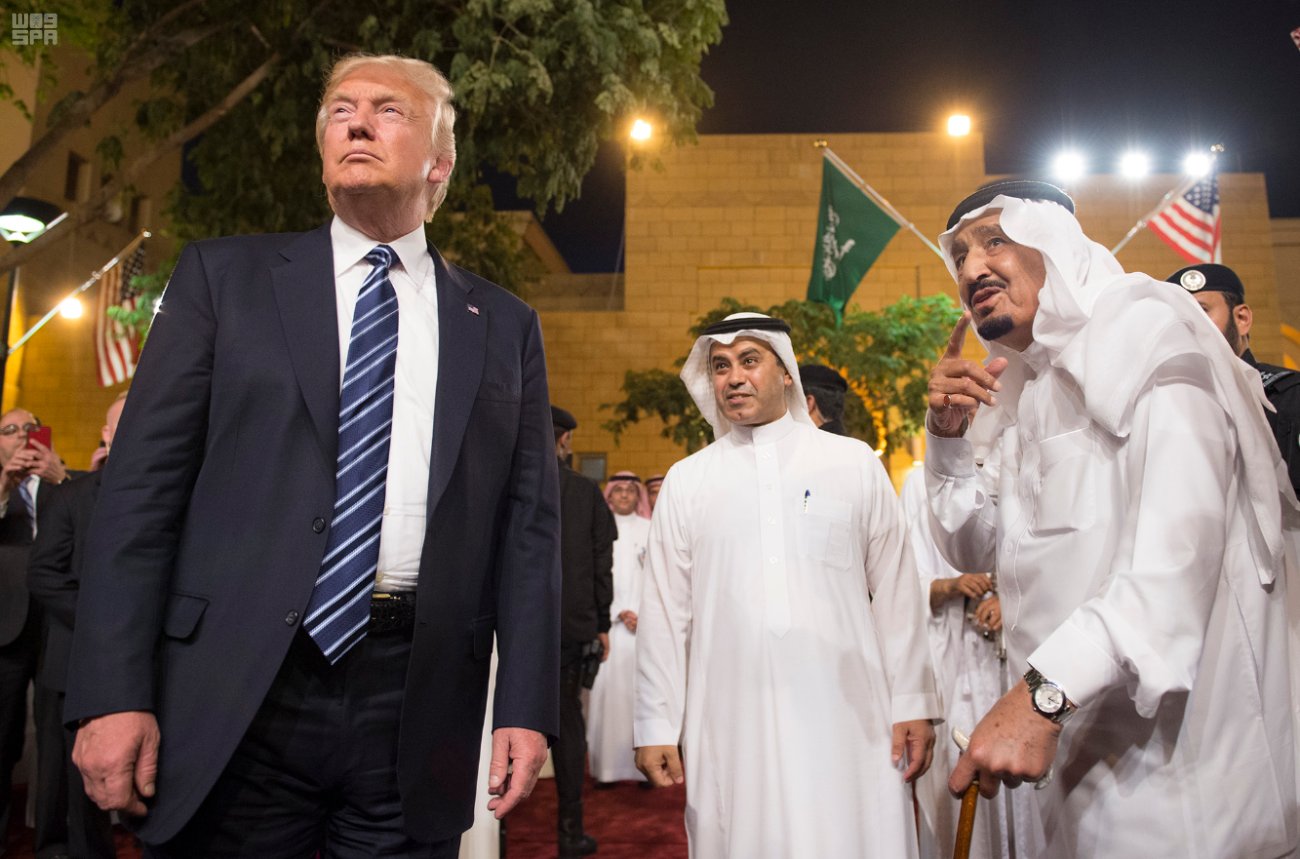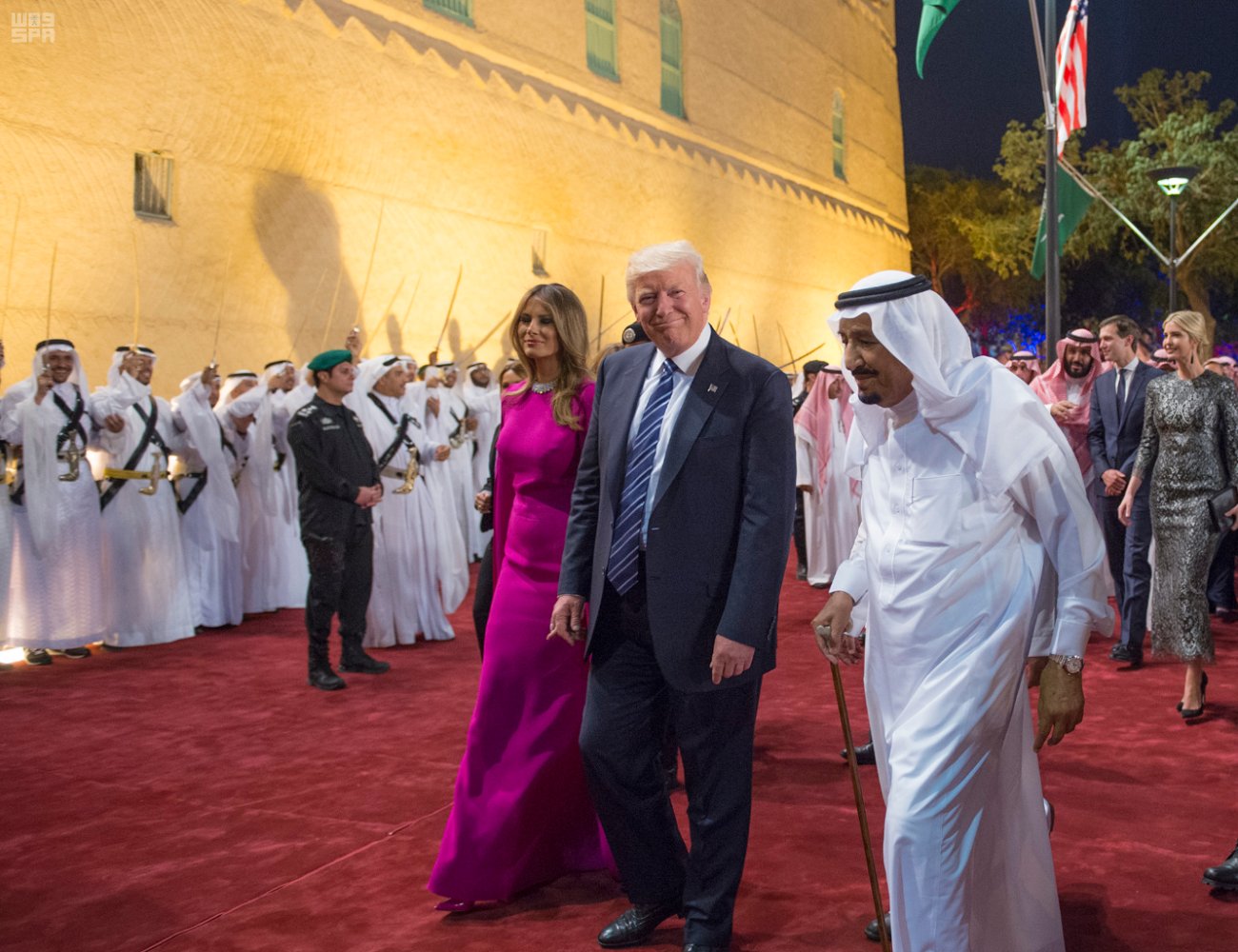The two-day visit by President Trump and top members of his family and staff to Riyadh, Saudi Arabia marks a new height in the history of U.S.-Saudi diplomatic and business relations as the warm Saudi embrace of President Trump was on full display in the Kingdom.
President Trump’s visit amounted to a bonanza for large, established American companies already doing business with Saudi Arabia, and cemented the U.S.-Saudi commercial relationship as the Saudi economy opens up. U.S. aerospace major Boeing Co. signed several defense and commercial deals with Saudi Arabia. Lockheed Martin announced $28B worth of integrated air and missile defense, combat ship, tactical aircraft and rotary wing technologies and programs.
In non-defense contracts, GE also agreed to $15 billion in commitments to work with the Saudi kingdom on a range of projects aimed at improving the country’s power grid and energy capabilities, and Dow Chemical will also build a $100 million manufacturing plant in the country.
In total, Saudi Arabia and the U.S. are expected to agree to business deals and potential investments valued at $300b or more, according to officials.

President Trump and King Salman.
Secretary of State Rex Tillerson described the arms deals as reducing “the burden on the United States to provide the same equipment to our own military forces,” he said. “It will strengthen Saudi security forces for the future so Saudi Arabia is more capable of carrying a greater share of the burden.” President Trump described the deals as a “tremendous day; tremendous investments for the United States. Hundreds of billions of investments into the United States, and jobs, jobs, jobs,” according to Politico.
The deals were exchanged in front of President Trump and Saudi Arabia’s King Salman in a public ceremony at the Royal Court, with American CEOs walking to the middle of the room to exchange leather-bound folios marking the agreements with various Saudi ministers.

President Trump visits Riyadh, Saudi Arabia, and attends a cultural event with King Salman.
While Trump found a warm reception from Saudi leaders, Arabic media, and the Saudi public, it is unclear if reinvigorated relations with Saudi Arabia will impact U.S. public perceptions.
Americans continue to hold generally negative views of Saudi Arabia, which had a 31% favorable rating in Gallup’s February World Affairs poll, compared with a 65% unfavorable rating. President Trump’s ratings are not much better – 38% approve of his job as president, while 56% disapprove.
President Trump will continue his first foreign trip to his next stop, Israel.









